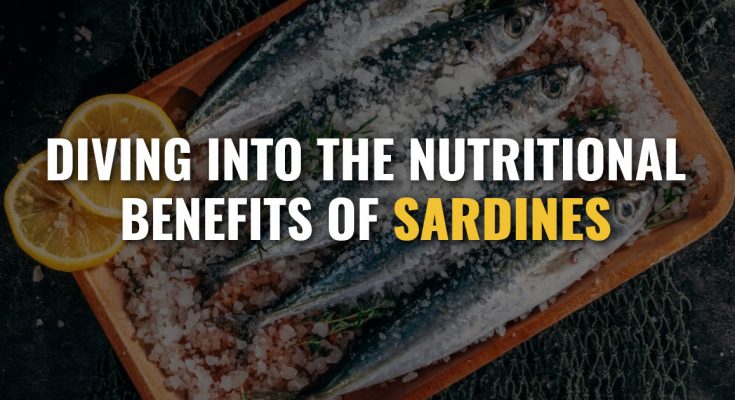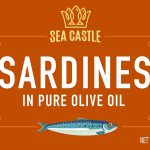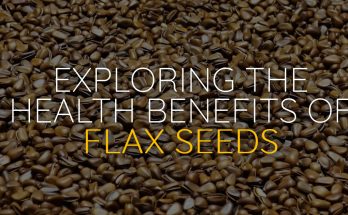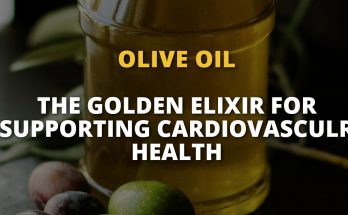In the vast ocean of seafood choices, there lies a little fish that packs a big nutritional punch – sardines.
Often overshadowed by popular seafood counterparts, sardines have garnered a strong reputation among health enthusiasts.
If you’ve been neglecting these tiny swimmers in your diet, you’re missing out on a profound source of various essential nutrients from amino acids to long-chain Omega-3 fatty acids and a plethora of micro-nutrients including Vitamin B12, D, Calcium, Selenium, Iodine and many more.
Join us as we uncover the secret treasures hidden within the world of sardines and understand why they deserve a spot on your plate.
1. Rich in Omega-3 Fatty Acids
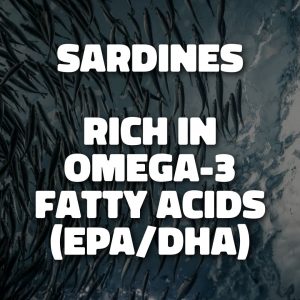
Sardines are an abundant source of long-chain omega-3 fatty acids, namely eicosapentaenoic acid (EPA) and docosahexaenoic acid (DHA).
These essential fatty acids are known to promote heart health, reduce inflammation, support brain function, and boost overall well-being.
Current dietary recommendations typically suggest 1-2 portions of seafood weekly, with at least one of these being from omega-3 rich oily fish such as sardines to support cardiovascular health.
Incorporating sardines into your diet is an excellent way to boost dietary intake of these essential fats.
2. Great Source Of Bone Health Nutrients (Calcium, Vitamin D & Phosphorus)
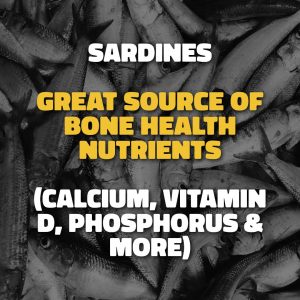
Sardines are an excellent dietary source of a number of important nutrients for bone health.
Some of these include Calcium, Vitamin D and Phosphorus.
Infact, Sardines are one of my favourite “functional foods” for individuals with bone diseases such as osteoporosis, due to the synergistic nutrient profile they contain for supporting bone health.
Sardines are an exceptional source of the essential mineral Calcium, with one single can portion going a long way to helping achieve your daily calcium requirements.
The calcium content in 100g of Sardines is comparable to that of around 400ml of milk, making it an alternative non-dairy dietary source of calcium.
More specifically, 100 g sardines offer 382 mg/d of calcium, which accounts for 38% of the recommended dietary allowance (RDA) (1,000 mg/d in general). – [1]
Sardines are also a rare dietary source of Vitamin D and can significantly boost dietary intake of this essential nutrient.
Vitamin D is crucial for maintaining strong, healthy bones and aids in the absorption of calcium and phosphorous.
Sardine canned in oil, rather than dried sardine, is a good source of vitamin D with 9.22 μg/100g and covers 61.47% of the recommended dietary allowance. – [2]
Calcium and Vitamin D may take the spotlight when it comes to bone health, but phosphorus plays an equally vital role in keeping our skeletal system strong.
Without phosphorus, calcium alone cannot effectively prevent bone loss or promote optimal bone development.
When it comes to packing a phosphorus punch, few foods can rival the humble sardine.
A 100g portion of Sardines can provide a whopping 490mg of Phosphorus.
3. Packed With Vitamin B12

Seafood such as Sardines are considered to be one of the top dietary sources for Vitamin B12.
Vitamin B12, also known as cobalamin, is crucial for various bodily functions, including the synthesis of DNA, red blood cell production, nerve function, and brain health.
Deficiency in Vitamin B12 can lead to a range of serious issues, such as fatigue, anemia, memory problems, depression, methylation dysfunction and even irreparable consequences such as spinal cord degeneration and nerve damage.
A 100g portion of Sardines provides a generous amount of Vitamin B12 at 8.94 µg, which is several times the recommended daily allowance for B12.
4. Good Source Of Protein
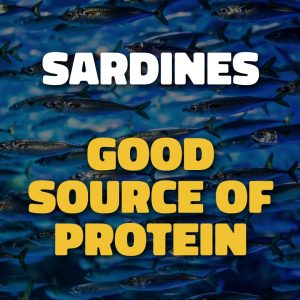
Unleash the mighty power of Sardines, the protein-packed superfood!
Sardines can provide you with an impressive protein boost.
Packed with essential amino acids, sardines offer complete protein, helping to build and repair tissues, boost metabolism, and maintain a healthy immune system.
A typical one can portion of Sardines (92g/3.75oz) provides around 22.6g of protein.
Research has found Sardines to be an important source of amino acids, including arginine, taurine and others, which play fundamental roles in cardiometabolism, not only as structural biomolecules but also as modulators of antioxidant systems and vascular function. – [1]
5. Dietary Source Of Iodine
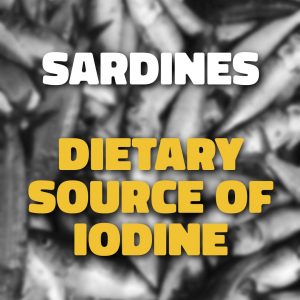
Seafood such as Sardines are considered to be an important and rich dietary source of the essential trace-element Iodine.
The thyroid gland, a tiny but mighty organ in our body, relies heavily on iodine to produce essential hormones responsible for regulating metabolism, growth, and development.
With their impressive iodine content, Sardines offer a natural and delicious way to ensure our thyroid receives the nutritional support it requires to function optimally.
Sardines are also particularly rich in the mineral Selenium, which along with Iodine plays a synergistic role in supporting healthy thyroid function.
Recommended Product:
One of my preferred brands of Sardines is by Sea Castle in pure olive oil.
Sea Castle’s Sardines in Pure Olive Oil come in an easy open, BPA free tin.
Skinlesss and boneless.
SHOP LINK: Sea Castle Sardines in Pure Olive Oil
References
[2] Evaluation of Vitamin D3 Content in Selected Dried, Canned and Smoked Fish
[3] Fish, sardine, Atlantic, canned in oil, drained solids with bone
The information in this article has not been evaluated by the FDA and should not be used to diagnose, cure or treat any disease, implied or otherwise.
Always consult with a qualified healthcare professional before making any significant dietary or lifestyle changes including supplements and herbs.
